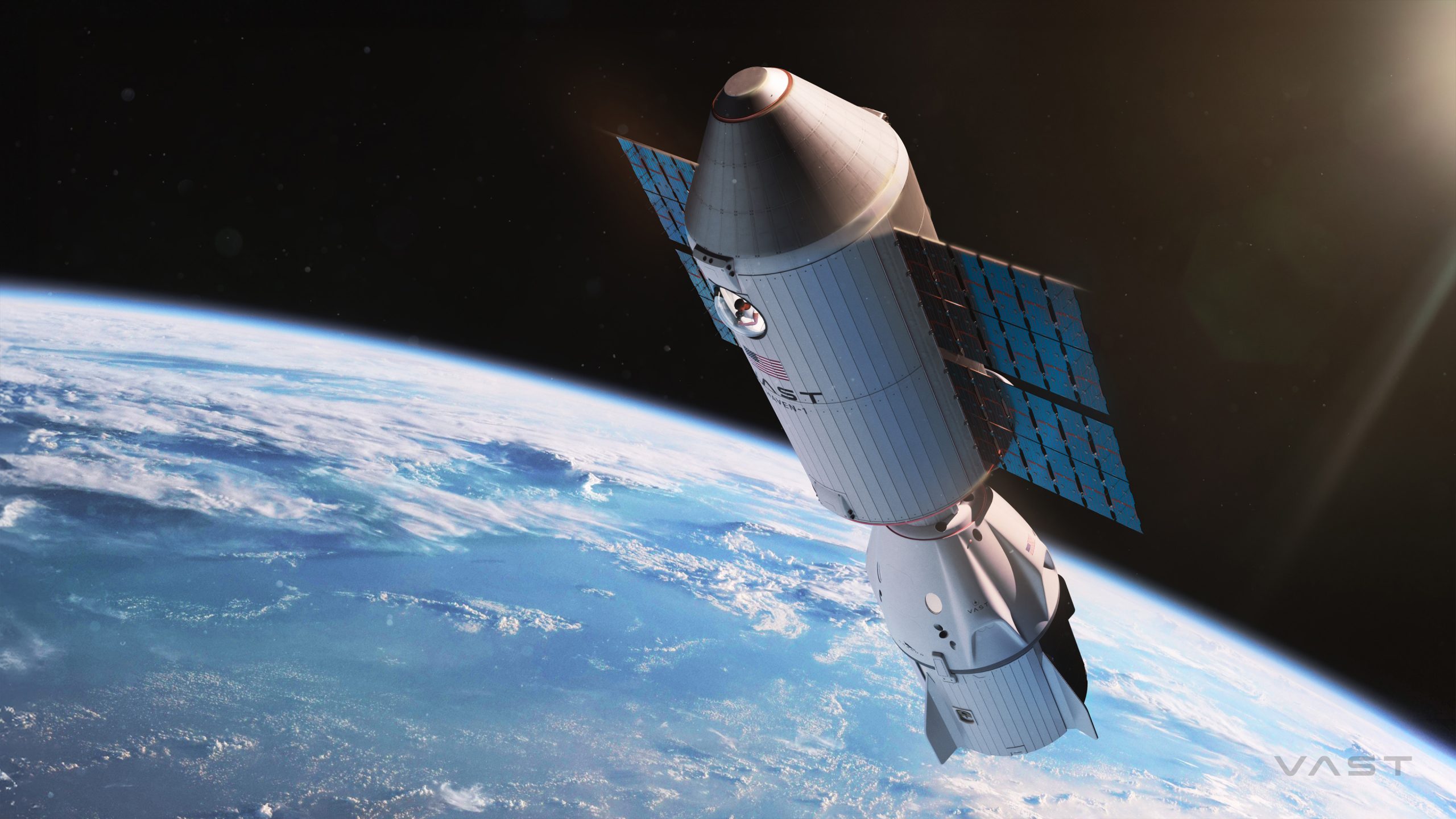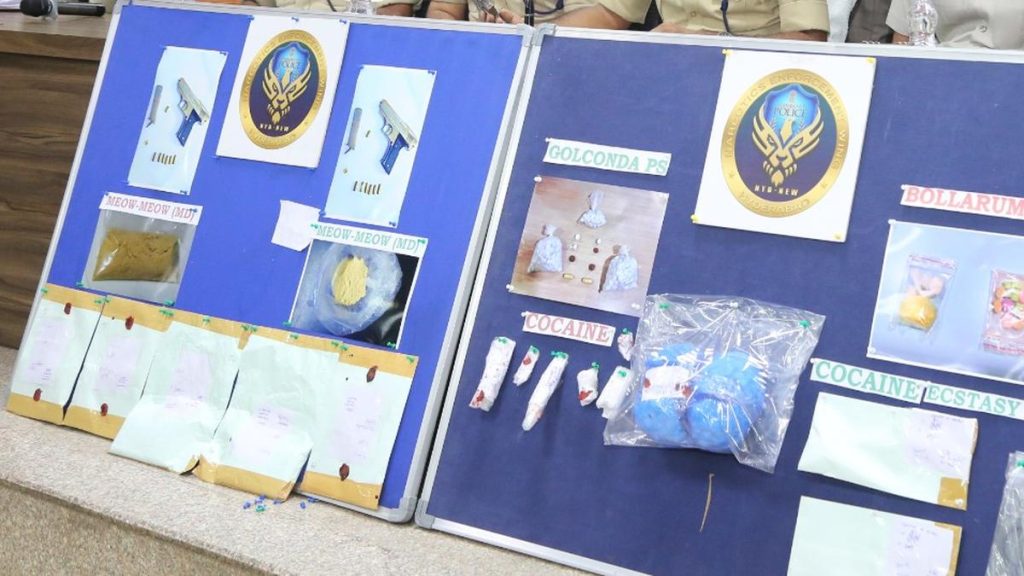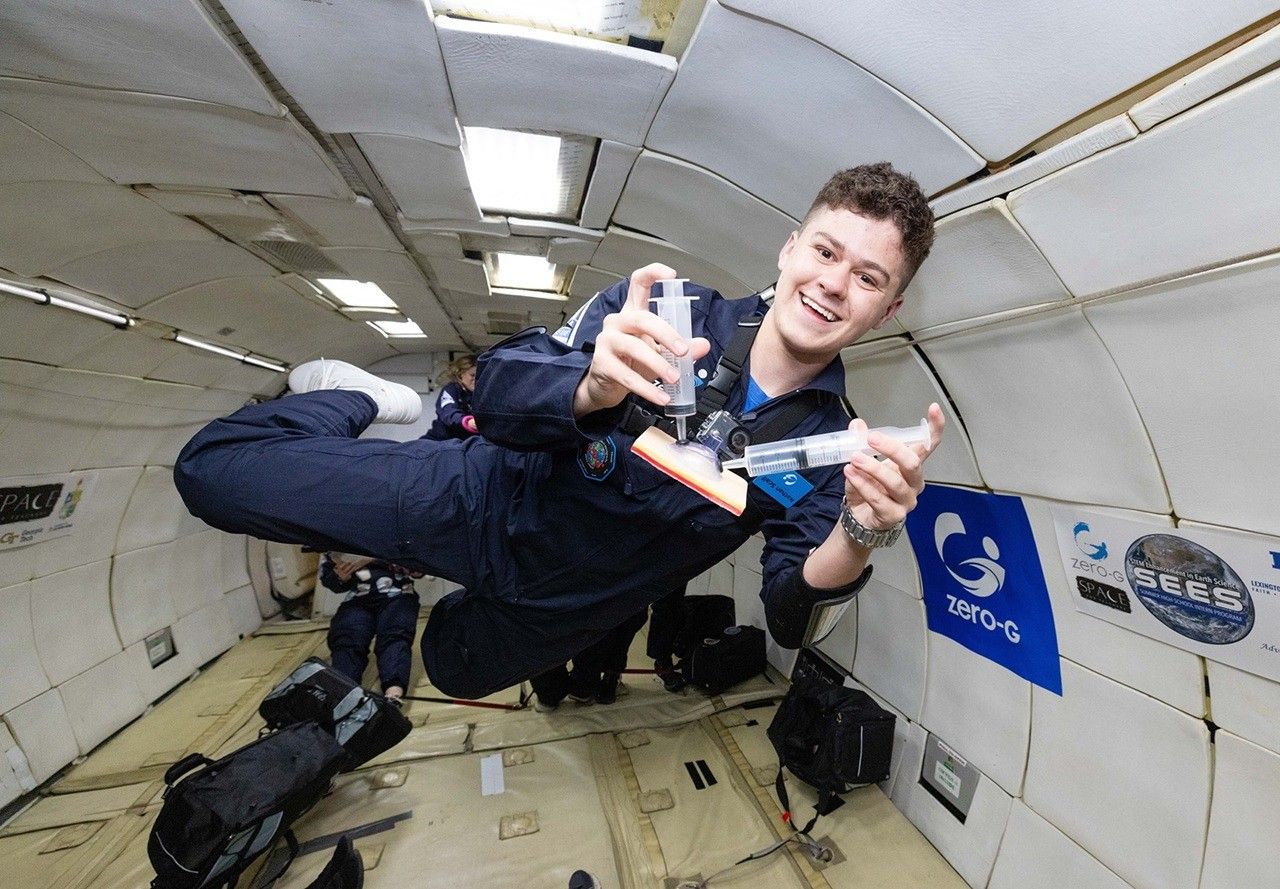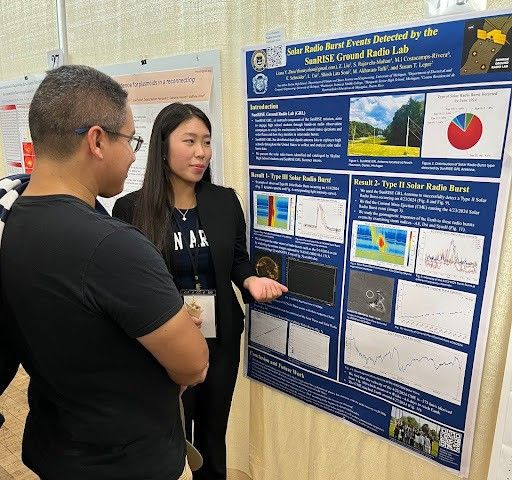Now Reading: NASA Supports Development of Vast’s Haven-1 Space Station
-
01
NASA Supports Development of Vast’s Haven-1 Space Station
NASA Supports Development of Vast’s Haven-1 Space Station

rapid Summary
- Event: Vast’s Haven-1, a NASA-supported commercial space station, successfully tested its trace contaminant control system for maintaining astronaut health in orbit.
- Location: The testing was conducted at NASA’s Marshall Space Flight Centre, Huntsville, Alabama.
- Details of Testing: A simulated chemical environment was introduced to confirm the air filtration system’s ability to scrub harmful chemicals and maintain a safe atmosphere within the station.
- Technology Partnership: the test is part of reimbursable and unfunded Space Act Agreements with NASA under the Collaborations for Commercial Space Capabilities initiative.
- Importance: Lessons learned will help improve Haven-1 capabilities and support its successor project Haven-2’s development.
- Commentary from NASA Official: Angela Hart emphasized testing’s critical importance for ensuring crew health and safety while highlighting NASA’s collaborative role in advancing commercial low Earth orbit stations.
- Future Plans: NASA aims to procure services from commercial space stations as part of its strategy to transition into a broader customer role in low Earth orbit operations.
Indian Opinion Analysis
India may find inspiration or opportunities through advancements such as Vast’s Haven-1 in developing indigenous capabilities or partnerships within the global space economy. With ISRO consistently pushing boundaries-be it through lunar missions or satellite programs-the entry into collaborative commercial ventures could further revolutionize India’s space trajectory.
The emphasis on environmental sustainability via robust life support systems aligns well with India’s core strengths in engineering innovation and cost-effective solutions seen across sectors like healthcare technology or green energy initiatives; similar rigour could be applied should India pursue parallel endeavors for low Earth orbit infrastructure development.
Moreover, this news reiterates the growing shift toward public-private partnerships globally that pool technical expertise while spreading risks-perhaps an effective template for structuring India’s future collaborations to enhance competitiveness without overburdening domestic agencies like ISRO financially.




























